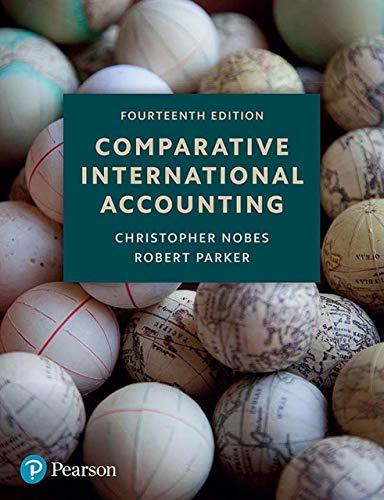Question
1. In this question you will need to calculate the elasticity of demand for white beans with respect to the price of white beans, the
1. In this question you will need to calculate the elasticity of demand for white beans with respect to the price of white beans, the price of two related goods, and income. In addition to calculating the elasticities, you will need to interpret them (i.e. is demand elastic or inelastic for that price or income; for cross price elasticities, are the goods substitutes or complements; and are white beans income normal or inferior). The objective of asking this question is give you an opportunity to see how demand elasticities are calculated, and once you have then to be able to characterize the nature of demand with respect to that price or income term. So, suppose the elasticity of demand for white beans is estimated to be: QD= 15 - 4PWB + 1.2 PO - 0.6PP + 0.0001Y Where QD is the quantity of white beans demanded ('000 in kilograms per person) PWB is the price of white beans ($/kg) PO is the price of other beans ($/kg) PP is the price of pork ($/kg) Y is the per capita income ($) Suppose PWB=$1.10/kg, PO =$1.30/kg and PP =$1.10/kg and Y=$45,000, a) (12 marks) Calculate and interpret the own-price elasticity of demand (hint: you need to calculate quantity demanded at the given prices and income level). b) (9 marks) Calculate and interpret the cross-price elasticity with respect to other beans. c) (9 marks) Calculate and interpret the cross-price elasticity with respect to pork. d) (9 marks) Calculate and interpret the income elasticity.\
Step by Step Solution
There are 3 Steps involved in it
Step: 1

Get Instant Access to Expert-Tailored Solutions
See step-by-step solutions with expert insights and AI powered tools for academic success
Step: 2

Step: 3

Ace Your Homework with AI
Get the answers you need in no time with our AI-driven, step-by-step assistance
Get Started


